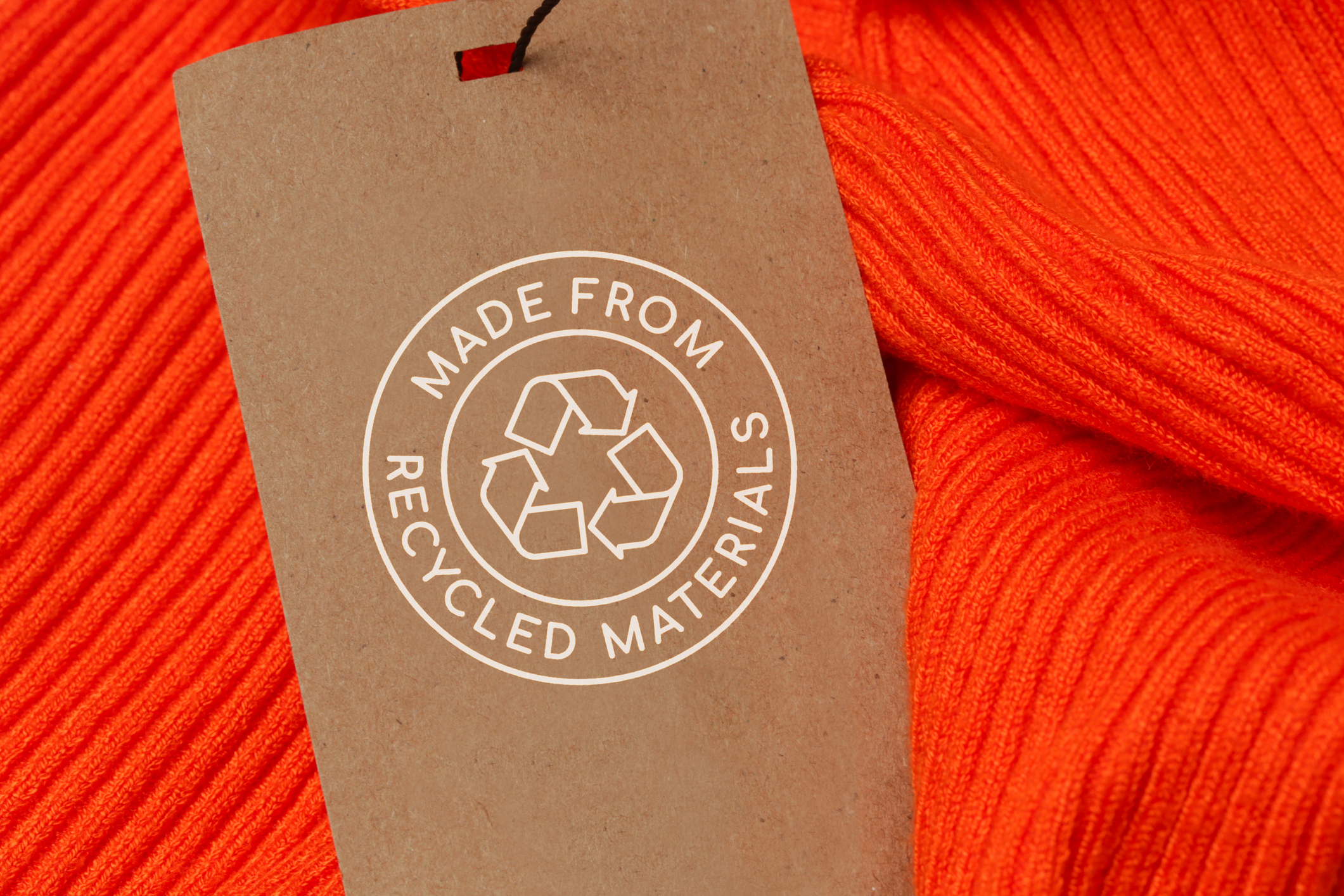Samsara Eco Launches First Plant to Scale Circular Plastics

Australian biotech pioneer Samsara Eco has officially opened its first large-scale recycling facility in Jerrabomberra, marking an important step in advancing circular plastic recycling. The plant introduces advanced AI-driven enzymatic technology that promises to transform hard-to-recycle plastics into high-value circular materials, according to company announcements and industry reports.
The new headquarters and plant integrate EosEco, Samsara Eco’s proprietary enzyme recycling system. By leveraging AI-designed enzymes, the facility breaks down mixed plastics—often destined for landfills—into virgin-equivalent raw materials suitable for textiles, automotive components, and packaging.
The company confirmed that the Jerrabomberra plant will initially focus on producing circular materials like recycled nylon 6,6 and polyester at scale, supplying materials for global brands such as lululemon and supporting research with partners including The LYCRA Company and Deakin University’s Recycling and Clean Energy Commercialisation Hub.
“Brand demand and supportive new regulations are helping to clear the path forward. Our new facility will help brands deliver circularity with the capacity to produce the equivalent of hundreds of thousands of garments annually,” said Paul Riley, CEO and founder of Samsara Eco, highlighting brand demand and new regulations as key drivers.
As reported by Samsara Eco, the facility also includes expanded enzyme production capacity, which will accelerate Samsara Eco’s AI-powered discovery platform to address a broader spectrum of plastics. This capability is intended to support future international expansion, with the company’s first 20,000-tonne commercial nylon plant in Asia set to launch by 2028 in partnership with engineering firm KBR.
Globally, only about 10% of plastics are recycled, and less than 1% of textiles are turned back into textiles, according to figures cited by Samsara Eco. The rest contribute to a linear, waste-heavy economy. Samsara Eco said that it’s technology addresses this challenge by enabling “infinite recycling”—a model that reduces reliance on finite raw resources, strengthens Australia’s circular economy, and enhances its role as a global exporter of sustainable materials.
Analysts note that growing consumer awareness, combined with stricter government regulations on plastic waste and carbon emissions, are creating favorable conditions for such technologies. If scaled successfully, Samsara Eco’s approach could not only cut landfill volumes but also support the integration of recycled inputs into mainstream manufacturing.
The Jerrabomberra plant marks a significant step for Samsara Eco, reflecting progress in scaling enzymatic recycling technologies. Supported by international investors including Main Sequence, Temasek, Greycroft, and Hitachi Ventures, the company aims to expand its role in the development of circular materials and contribute to broader efforts toward net-zero manufacturing.
Source: Samsara Eco






